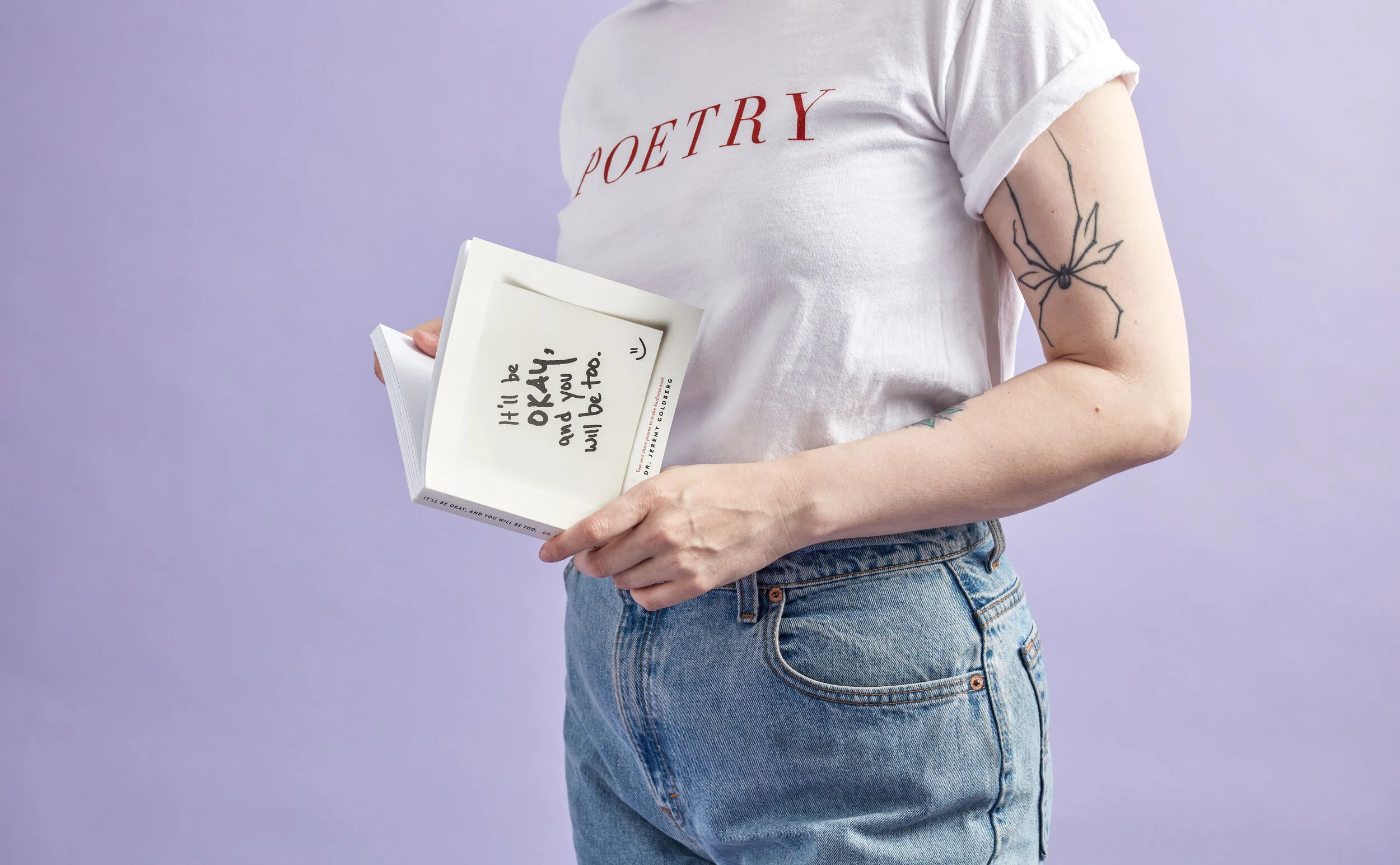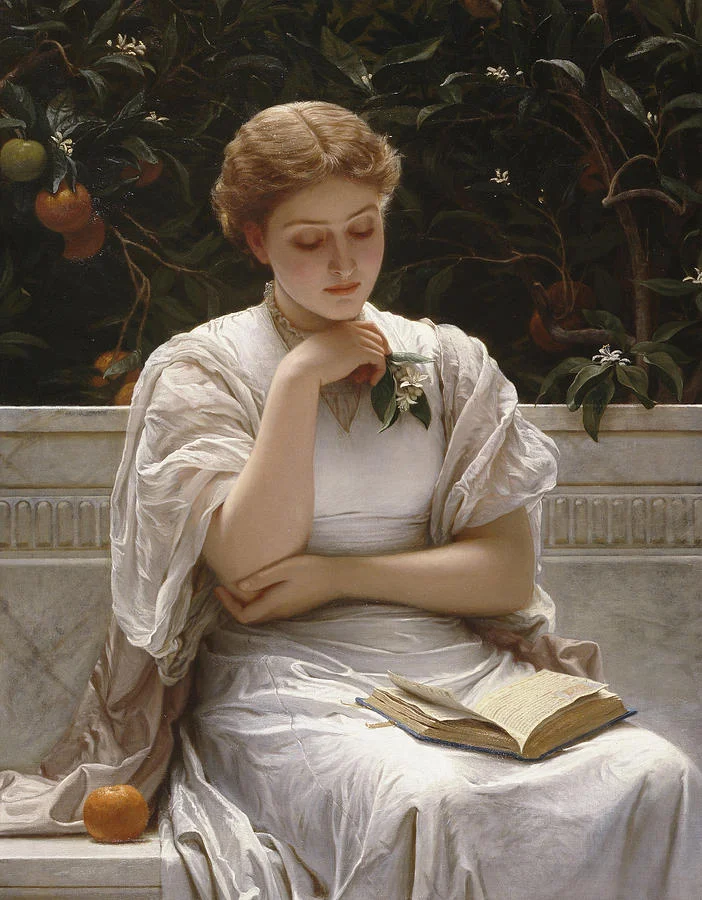More Contemporary Poets Christians Should Read
Since I can be fairly easily impressed upon to dispense advice regarding cultural matters, I hearty yield to the demands of the populus and offer, from the top of my head and in no particular order, some more poets whose work concerns eternal matters and that I have read with delight.
A couple of weeks ago, I wrote this little essay for The Gospel Coalition: “5 Contemporary Poets Christians Should Read,” in which I recommended the work of some fellow poets to persons of faith.
Many people have written since then, either on twitter, Facebook, or via my contact page to say things like “Thanks!” to “Have you got any Canadians to recommend?” to “Yes, but I’ve already read those; what else have you got for me?” Since I can be fairly easily impressed upon to dispense advice regarding cultural matters, I hearty yield to the demands of the populus and offer, from the top of my head and in no particular order, some more poets whose work concerns eternal matters and that I have read with delight.
Obviously, I hope that some readers of the column will seek out my poem books, not because moving copies is lucrative for me--it really isn't--but because I make poems best appreciated by people with Bibles in their houses. I don't mind how often you read it, but if you don't at least have one, much of what's going on in my work will be lost on you.
Bruce Beasely is about as good as they come, the poems challenging and encouraging all at once.
I mentioned Jennifer Maier's poetry; wicked smart; she is just a marvelous craftsman. Now, Now and Dark Alphabet are out currently and the third is coming soon.
I figured most readers of TGC already knew about Dana Gioa, but if you don't, get on it. Start with his new Selected.
Paul Willis’ books are wonderful too, each better than the last, imo.
I don't really think of Andrew Hudgins as a Christian poet anynmore, though I certainly used to. Now, he appears to me as principally a Southern poet, but these distinctions can be distractions. Saints and Sinners should find some friends among like-minded readers, but I'd pick up American Rendering, which is as strong a book as I can name.
I mean, Li-Young Lee is another figure who I used to think of as a Christian poet and now don't. He always had as muses his father, the silence, and his wife's body. I think recently he's ditched the first couple. Still, he's great. But you probably already knew that.
I can't imagine anyone interested in this kind of thing not knowing about Malcolm Guite, the very embodiment of a certain attentive way of being in the world.
Ok, but also James Matthew Wilson is a great and serious formalist; Catholic, as I understand it.
Brett Foster's new book hasn't arrived yet at my house, but I've heard great things.
You know who I just loved? Kelly Cherry. Does she still make poems? I stopped paying attention. But this is the tough thing about lists like this. Often, I follow not whole poets, but poems. Cherry made the most amazing poems I've ever read in this tradition, but I can't say anything about her career.
For serious, get Kingdom Come, by Jim Simmerman if you ever see it. Out-of-print and he's dead maybe 20 years by now, but that book is a wonder of Biblical linguistic play.
Oh and there's one more: you guys haven't seen it yet because it hasn't been published yet, but I have an advanced copy of Laura Reece Hogan's forthcoming Litany of Flights. You guys. Wait till you see this thing.
Well, that's enough to get you started anyway. I assume you already have subscriptions to Image Magazine, yes? Thereby, you will be introduced to most of the movers and shakers in this scene. Like Bruce Bond! O, how I love his poems!
Seriously, I'm grateful to the many of you who have written since this story came out asking about my books or offering to add some poets I haven't read yet. What else are these networks for? Keep the suggestions coming!
Poets ask me to write blurbs for their books sometimes, which add up, if you think about it, to a recommended reading list. Check these new books out:
Endorsements
Bronte the anti-Austen
Not only can Bronte render an archetypal Austenian “sketch,” she can toss them off at will, can toss them aside thereafter as if inconsequential.
Here’s an essay idea that I'd like to think I'll return to someday, but given the backlog of scholarly journal articles I’ve already committed to, I can't see when that will be, so I'll just put this germ of a thought here for now.
Charlotte Bronte's Shirley shows the novelist to be Jane Austen's superior (a la Harold Bloom's anxiety of influence) by using the same technique of writerly asides, but with reasonable boundaries. With them, she pulls readers into her confidence, sets pace, establishes the parameters of the known, and shows herself (not merely the characters) to be charming besides. She's making a whole world come alive, but exhibits no strain whatsoever, reels it out as if on a string, laughing all the way.. Following a description of Caroline Helstone's appearance, for example, Bronte writes: “As to her character or intellect, if she had any, they must speak for themselves in due time" (75).
Anti-Austen, that. Not only can Bronte render an archetypal Austenian “sketch,” she can toss them off at will, can toss them aside thereafter as if inconsequential. What she will not do, and it makes Austen seem silly by contrast (note: I think Austen is a wizard, a genius) is deign to tell we readers about the woman's inner world. Those judgments the reader must make for himself. The technique makes the narrator seem less omniscient and therefore less pedantic, but also builds suspense as we wonder: yes, but what will she be like?
Also--and this is only sort of related to the above--the novel says much about women and education. Perhaps it will take a turn toward lament soon, but in the early chapters, the picture of Caroline's education is pure honey. There she is reading and memorizing French poetry in the following setting: "sitting in sunshine, near the window, she seemed to receive with its warmth a kind of influence, which made her both happy and good" (75). Can a better fate befall one? Sunshine through a window, warmth on the skin, book in hand? I very much doubt it.
Punk Prayer
Pussy Riot are unbelievably articulate and intentional about their work. This defense should be posted in lieu of an Artist Statement in any galleries that can’t better explain their raison d’être. Churches too.









There isn’t anything affected in either Garrett Soucy’s singing voice or his literary style. Both are spare as a cabin in the Maine woods, a cast iron stove in the corner for heat, but also for hardness. Sometimes when walking, one comes upon the remnants of such a place, a chimney that has out-lasted its house. That’s these poems: compelling, comfortable, and classic as brick.